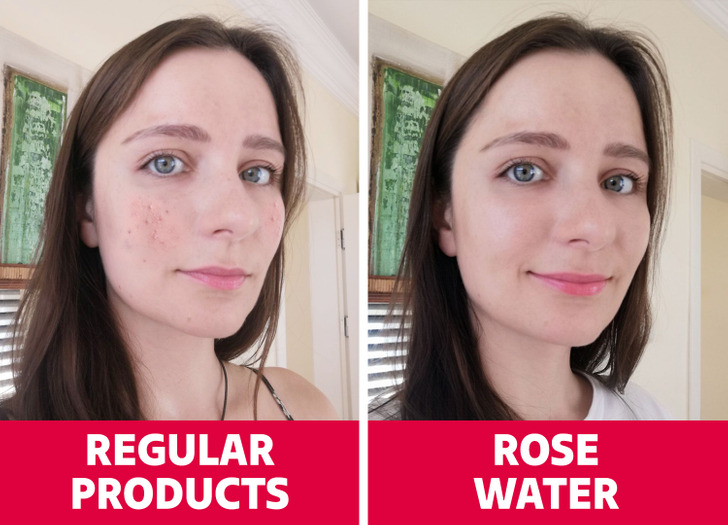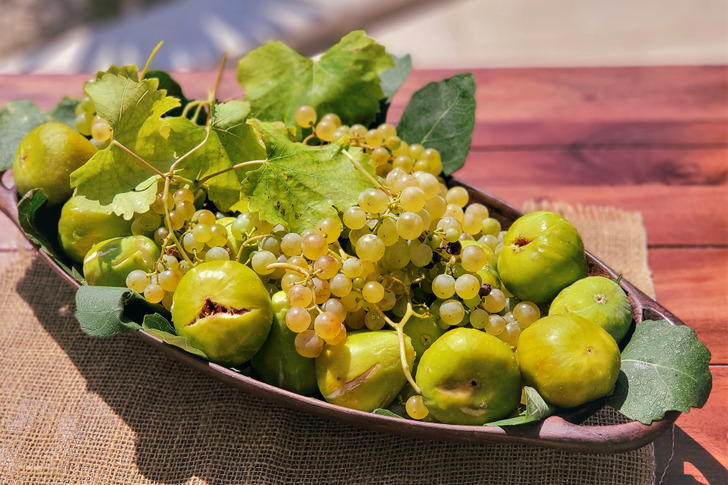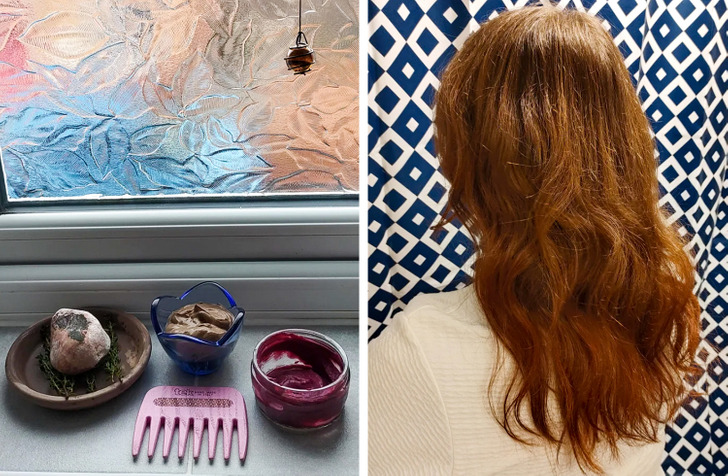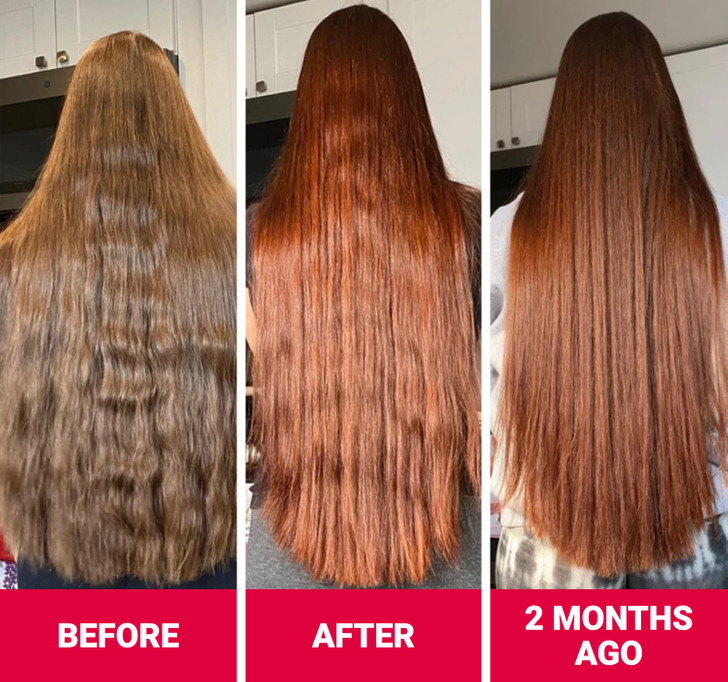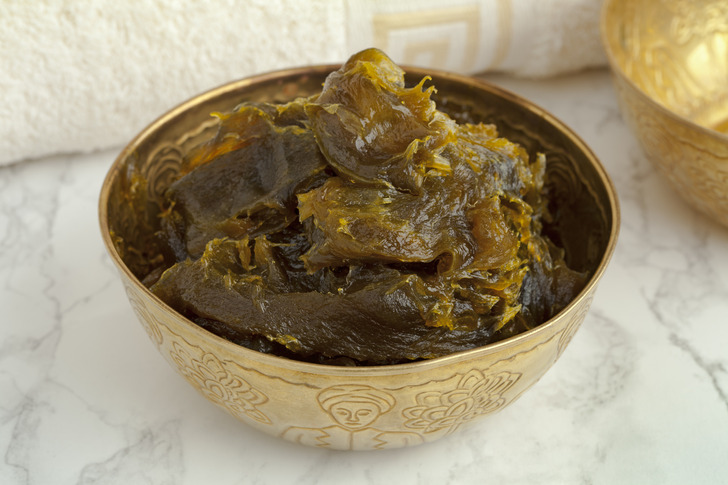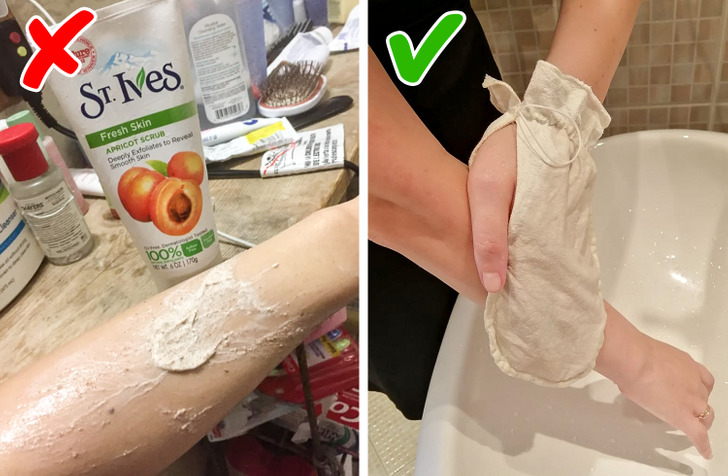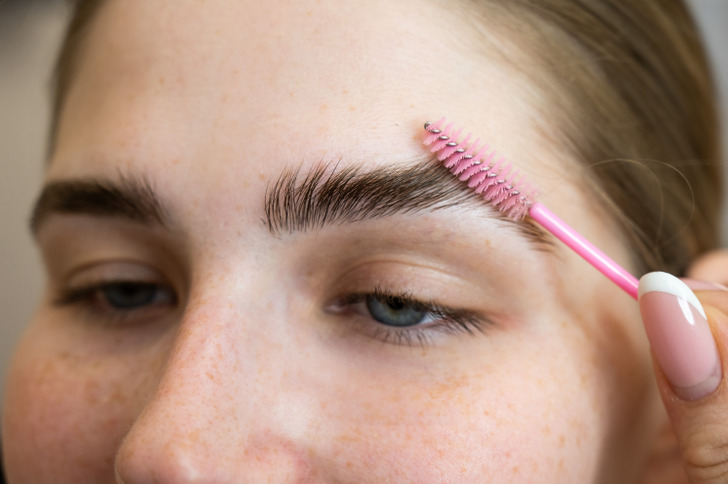14 Eastern Beauty Secrets to Help You Stay Looking Young and Gorgeous for Years to Come
Even bad acne can be covered in a thick layer of make-up, and lifeless hair can be doused with a styling product. It will look great for the day, but it won’t be healthy. That’s why we so often try to solve internal health issues with the many beauty products found in supermarkets, and various life-hacks.
Here at CHEERY, we decided to delve into the Eastern world, and explore the local beauty secrets that will make you look great, and also keep your skin and hair healthy.
1. Argan oil. The staple of hair care

Argan oil is known as the liquid gold of Morocco, one of the most colorful Arabic countries. It’s extracted from the seeds of the argan tree, which grows in the semi-desert Sous valley in the country’s southwest. Gently spread a few drops of this along the entire length of your hair. This will help get rid of split ends, stimulate hair growth and give it a natural shine.
Argan oil can also be used on your skin. Put 1-2 drops into the palm of your hand and massage into your face in circular motions. Once absorbed, the skin is will be smoother, softer, and healthy-looking.
2. Each essential oil has a purpose
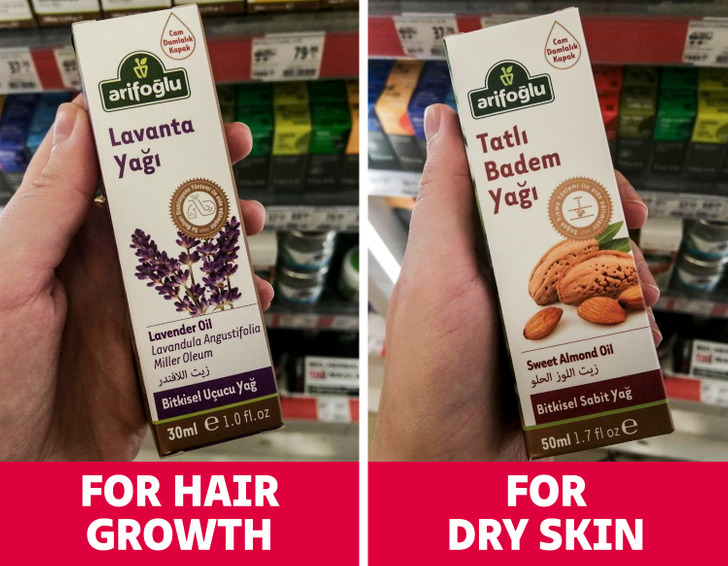
In addition to argan oil, essential oils are used extensively in the East. They’re usually targeted to help solve specific issues:
- Lavender oil is used to boost hair growth and maintain healthy skin. It’s also appreciated for its antibacterial properties and relaxing fragrance. Lavender oil is mostly used without diluting, but for sensitive skin, a few drops can be mixed in with a teaspoon of almond oil and then applied to the hair, scalp, or face.
- Opuntia oil is extracted from the fruit of a cactus of the same name and is used as an intensive moisturizer for the skin, it can reduce circles under your eyes, and hyperpigmentation. It is also believed to soothe redness and inflammation of the skin and relieve acne and rosacea. Its pure form is not generally used. Instead, take a teaspoon of almond, mix it with a few drops of opuntia oil and apply it to your face, hands, and body.
- Almond oil is suitable as a base for mixing other essential oils, as well as for eliminating dryness on your face and scalp. In the latter case, mix it with argan oil to nourish and moisturize your hair and give it a natural shine.
❗ Be careful. Essential oils can provoke an allergic reaction, so don’t apply them to your skin in their pure form. They should also be used with caution during pregnancy and while breastfeeding.
3. Natural ingredients for healthy skin
Healthy habits and regular care are important too. It’s best to apply a moisturizer every morning and night. But this doesn’t have to be a synthetic product, you can, for example, mix full-fat yogurt with olive oil and use it to intensively nourish and moisturize your skin.
Your skin enjoys other natural products, too, one of the favorites being rose water. You can use it to cleanse your face, soothe puffy eyes, or simply as a tonic. It helps to soothe your skin and treat redness and inflammation. Soak a cotton pad in some rose water and wipe your face gently.
The author of this article decided to try rose water for herself. For two days, morning and evening, she used it as a tonic and wiped her skin with it after washing and before applying moisturizer. A few days before, a few new blemishes had popped up on my face, but after just two days of using the rose water, the inflammation was gone. Patches of acne healed, leaving only small spots, but these, too, are gradually fading.
4. Fruit and veg every day
Many Arabic and Middle Eastern countries are located on the shores of the Mediterranean, which is renowned for its fertile soils and healthy diet. The latter, incidentally, is based on fruit and vegetables. Especially the ones in season.
In Turkey, for example, fruit comes in great variety. Going back as far as the Ottoman empire, fruit would often be used to accompany meat as a garnish. Nowadays plums, apricots, pears, apples, pomegranates, grapes, and figs are still widely used in Turkish cuisine. In the neighboring Arabic countries, vegetables are preferred, especially onions, asparagus, cauliflower, carrots, fennel, and eggplants.
5. Kefir instead of a hair mask
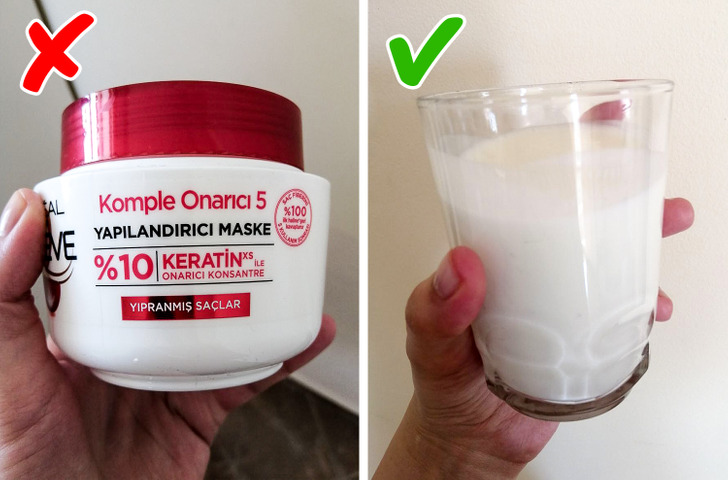
The secret to thick and shiny hair lies in taking good care of it with natural ingredients. For example, you can apply kefir or yogurt to your hair before jumping in the shower. Fermented milk products quickly revitalize hair, leaving it smooth and shiny. Arabic women often make their own kefir. It’s widely believed that industrially produced kefir has no health benefits for your hair.
6. Rhassoul for unruly curls
The red clay called rhassoul is extracted from the Atlas Mountains in Morocco and is very rich in minerals. The word itself means ’to wash’ in Arabic. Not surprisingly, it has long been used for cosmetic skin and hair care. The porous structure and abundance of magnesium and potassium in its composition are believed to enable red clay to extract excess sebum, dirt, and other impurities from the skin and hair.
In Moroccan markets, rhassoul is usually sold in chunks, or as a coarse powder. It should be crushed before mixing with rose, or plain, water. If you wish, you can add essential oils to the paste, then rub it into the scalp, spreading evenly over the length of your hair, leave it for 5 minutes and rinse well. Always end your routine with conditioner. This method helps to gently untangle the hair and tame excessively unruly curls.
7. Henna, instead of harsh colour treatments
Instead of artificial dyes, natural henna is preferred in the East. It’s made from the leaves of henna trees, that are abundantly harvested in Arabic countries.
The colorless henna is mixed with water and used as a strengthening hair mask. The classic green powder is used to dye hair a reddish-brown color. But you can add Basma dye (a greyish-green powder made from indigo leaves) to create deep black hair color. Ground coffee can turn it red or copper, while paprika can turn it a deep red.
Usually, henna is applied to the hair, then covered with a plastic cap and left to dry. Sometimes, it’s left overnight and rinsed off in the morning. Not only does henna give your hair a deep dark tone, but it also softens and strengthens it.
8. A weekly visit to the spa
Pampering in the Middle East is unimaginable without a hammam, the Turkish bath. These spa days are usually on weekends, enjoying relaxation and taking care of your skin and hair.
The ritual usually looks like this:
- first, visit the steam room;
- then, get a deeply cleansing full-body scrub to remove any dead skin cells;
- then take a dip in the traditional bath, soap, and rinse;
- finish the ritual by relaxing with a drink of mint tea.
9. Black soap
Sabon beldi, or black soap, is a soft brown soap made from grated black olives, glycerin, essential oils, and herbal extracts, and it’s considered an indispensable “ingredient” in hammam baths. It is mainly used to gently exfoliate, soften and purify the skin.
Apply black soap generously to the entire body and massage it into a lather. For maximum effect, leave it on for a few minutes before rinsing off with water. This helps remove dead skin cells from the body, leaving your skin radiant, clean, and soft.
10. Gentle exfoliation
Black soap isn’t the only ingredient used for exfoliating the body. For example, coffee grounds are a favorite to bring to the hammam, as a natural body scrub. They can be used in their pure form, or mixed with shower gel. After just one treatment, your skin will feel noticeably softer.
In the Turkish bath, the main exfoliating accessory is the kessa glove. This is usually paired with black soap. After your skin has enjoyed steaming up, apply a small amount of soap to your body and put the glove on. Start with your arms, pressing the glove firmly against your skin. Then gradually move up and down, keeping a steady, gentle pressure on the skin. After exfoliating your arms, carefully scrub your neck, chest, belly, sides, bum, and each leg. After the entire body is exfoliated, rinse it off with warm water.
11. Usma oil and aloe vera for expressive eyebrows
Expressive eyebrows are also often the result of meticulous care. In the East, aloe vera gel is used for daily nourishment and eyebrow care, while castor oil and usma oil are used to stimulate healthy growth. It’s believed that applying these oils to your eyebrows speeds up their growth and awakens dormant hair roots.
12. Fragrant water spray for your mood
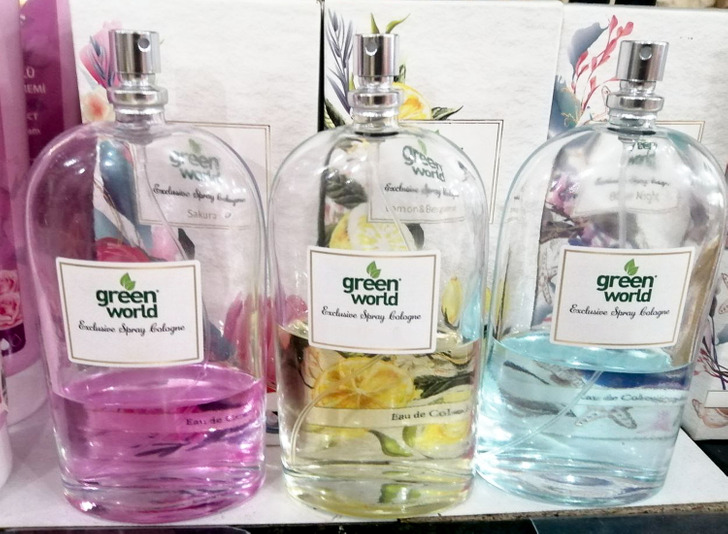
A good mood is also important for your health and beauty. And you can create it with fragrances. In the East, the preferred ones are natural fragrances of traditional oils. Some of the favorites include vanilla, jasmine, musk, rose, and sandalwood. Middle Eastern fragrances are oil-based and contain no alcohol, making them long-lasting. As a result, their fragrance can be enjoyed all day long.
Do you know any health and beauty secrets?
